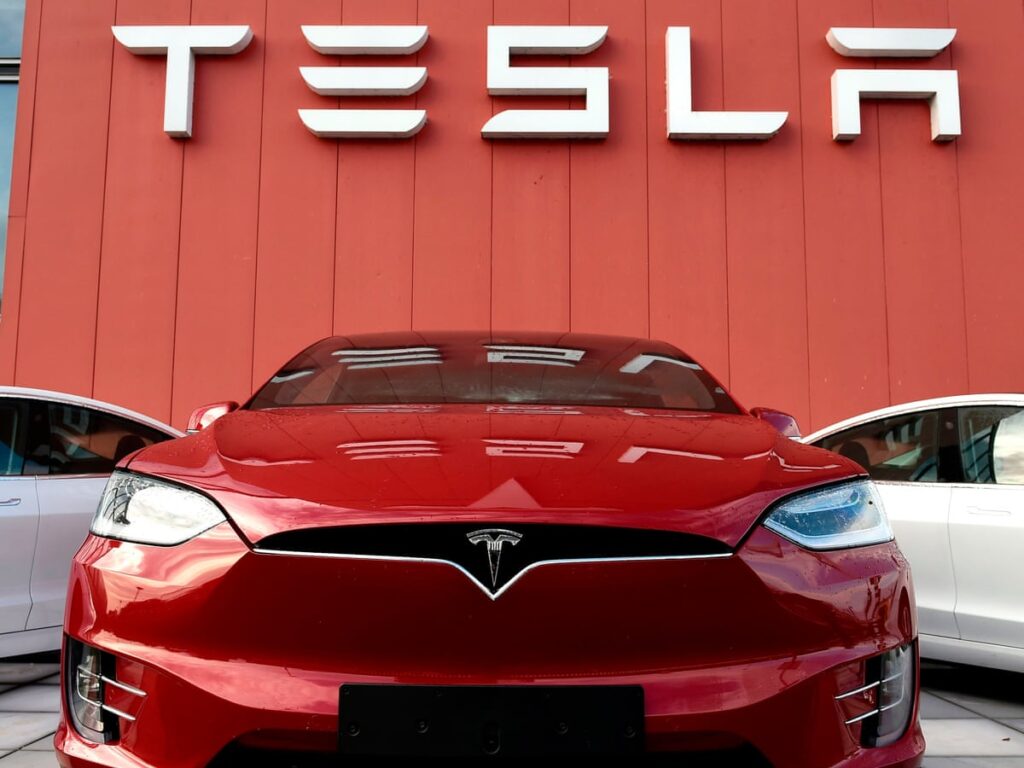
Quick Intake
One more amazing usecase from Supply chain traceability
This time its from Tesla !
Tesla uses blockchain for sustainable sourcing of cobalt, nickel
Testa has published its 2020 Impact Report, which shows it’s using two blockchain solutions to trace raw materials used in electric vehicle (EV) batteries, ensuring they’re sustainably sourced. One blockchain solution Re|Source, traces cobalt from the Democratic Republic of Congo (DRC), and the other traces nickel sourced from BHP in Australia.
Through this traceability from the source, telsa is able to ensure the sustainability in utilizing the resources thus complying with the norms setup
Also Customer will be having visibility of the parts used and their genuinity !!
Re|Source for cobalt
Re|Source was founded by three major DRC cobalt producers, Glencore, China Molybdenum Co (CMOC) and Eurasian Resources Group (ERG), with Kryha as the technology partner. The blockchain solution was publicly unveiled earlier this year, but has been in the works since 2019. Currently, it’s being piloted in the DRC and at EV battery manufacturers in Europe, with plans for U.S. and Asian pilots later this year with a launch in 2022. Tesla’s final pilot is expected in Q4 2021.
“Tesla selected to collaborate with Re|Source because it is industry-led, is designed to be readily accessible and inclusive to all parties across the supply chain and is scalable, which means it can include other critical battery materials in the future,” reads the Tesla report. It will use the solution to ensure it is sustainably sourced.
Since Re|Source’s founding, Umicore and other supply chain partners have joined. It is also receiving input from Norilsk Nickel, Johnson Matthey, the Responsible Minerals Initiative (RMI) and The Cobalt Institute (CI).
BHP for nickel traceability
As reported last month, Tesla partnered with BHP for nickel supplies and battery supply chain sustainability. Together they’ve already run a three-month pilot between BHP’s operations in Western Australia all the way through to the production line at the Gigafactory Shanghai.
CO2 tracking helps with establishing the environmental footprint of a Tesla car. The data will be used for an environmental battery passport and future EU battery regulation. A nice side effect of the pilot is it identified possible inefficiencies in the supply chain and ways to address them.
Tesla isn’t the only manufacturer looking to trace battery materials. Volvo and Mercedes are two early adopters with tech provider Circulor. Two advisers to Re|Source, Norilsk Nickel, Johnson Matthey, are also working together to tokenize the supply chain.
Source of this Post – Ledger Insights
Like this article? You can share it right from here !!
